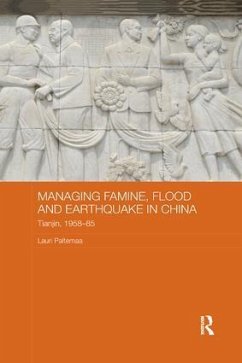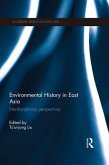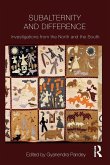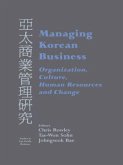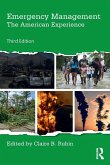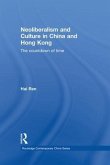China suffers frequently from many types of natural disasters, which have affected the lives of many millions of Chinese. The steps which the Chinese state has taken to prevent disasters, mitigate their consequences, and reconstruct in the aftermath of disasters are therefore key issues. This book examines Tianjin in northern China, a city which has suffered particularly badly from natural disasters - the great famine of 1958-61, the great flood of 1963 and the great earthquake of 1976. It discusses how the city managed these disasters, showing that disaster management was erratic and concluding that although the Maoist state possessed formidable resources, disaster management was always constrained by other political and economic considerations, and was never an automatic priority.

